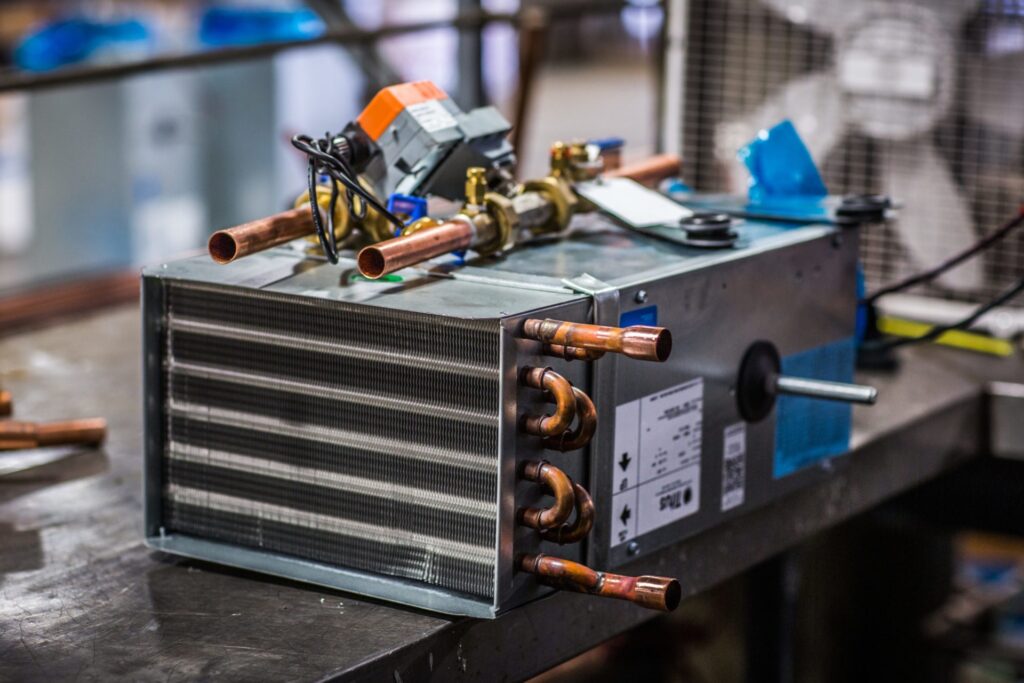What are the advantages of using a micro heat exchanger?

Micro heat exchangers have revolutionized the field of thermal management, offering a multitude of benefits across various industries. Their compact design, enhanced heat transfer efficiency, and energy-saving capabilities make them indispensable in numerous applications. Here are the advantages of utilizing micro heat exchanger in different settings.
Efficient thermal management is crucial for optimal performance and longevity of equipment. Micro heat exchangers play a pivotal role in this regard, facilitating the transfer of heat between fluid streams while occupying minimal space. From electronics cooling to chemical processing, these innovative devices offer unparalleled advantages.
1. Compact Design
One of the primary advantages of micro heat exchanger is their compact design. Unlike traditional heat exchangers, which often require significant space, micro heat exchangers are specifically engineered to be space-saving. This makes them ideal for applications where space is limited or where a smaller footprint is desired.
2. Enhanced Heat Transfer Efficiency
Micro heat exchangers boast a high surface area to volume ratio, resulting in superior heat transfer efficiency. This means that they can effectively dissipate or absorb heat with minimal energy loss. Whether it’s cooling electronic components or heating fluids in a chemical reaction, micro heat exchangers excel in optimizing thermal performance.
3. Energy Efficiency
By maximizing heat transfer efficiency, micro heat exchangers contribute to energy savings. Their ability to operate with minimal energy input reduces overall energy consumption, resulting in lower operating costs. This makes them environmentally friendly and economically viable solutions for heating and cooling applications.
4. Versatility
Micro heat exchangers are incredibly versatile, catering to a wide range of applications across various industries. From aerospace and automotive to pharmaceuticals and food processing, these devices can adapt to different environments and requirements. Their flexibility makes them indispensable in today’s dynamic industrial landscape.
5. Reduced Material Usage
Due to their small size and efficient design, micro heat exchangers require minimal material for construction. This not only reduces production costs but also makes them environmentally sustainable. With a focus on resource optimization, micro heat exchangers offer a cost-effective solution without compromising performance.
6. Quick Response Time
Another advantage of micro heat exchangers is their rapid response time. Whether it’s heating or cooling, these devices can quickly adjust to changes in temperature, resulting in increased process efficiency. This is particularly beneficial in applications where precise temperature control is essential for optimal performance.
7. Enhanced Control
Microheat exchangers enable precise temperature regulation, allowing for better control over industrial processes. Whether it’s maintaining a specific temperature range or controlling the rate of heat transfer, these devices offer unmatched precision. This level of control enhances product quality and process reliability.







